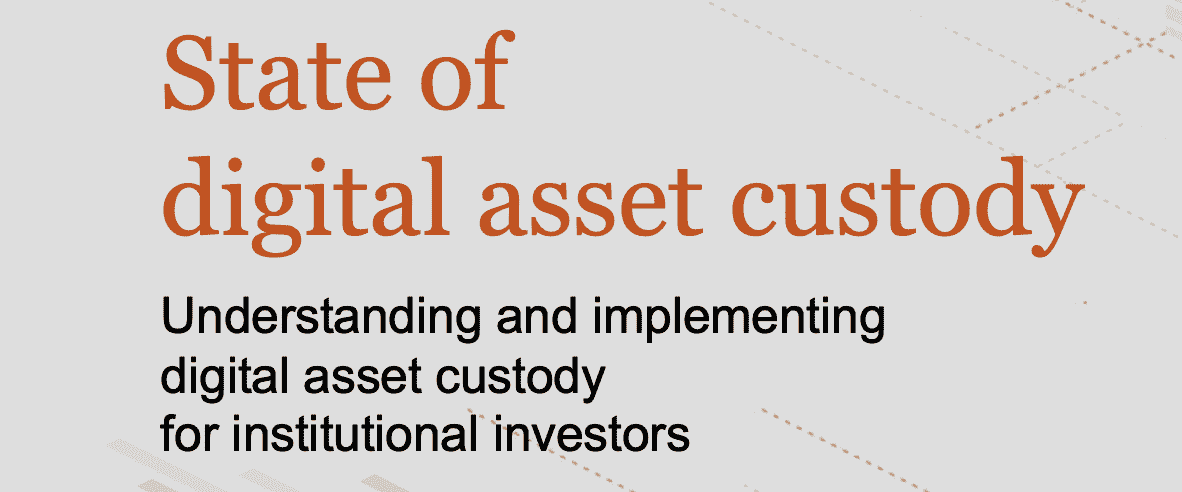The German Banking Association published a paper calling for the establishment of a programmable digital euro
According to Cointelegraph, on October 30th, the Association of German Banks published a paper saying:
“Requires a programmable digital euro.”
It is reported that the German Banking Association represents more than 200 German private commercial banks and 11 member associations.

- Top 10 DeFi Big Chain Life
- Everything you want to know: details of the first disclosure of Bitcoin options on the Chicago Mercantile Exchange
- This man knows cryptocurrency better than Zuckerberg.
"Monetary policy is the responsibility of the state"
The paper points out that sovereign states are responsible for the monetary system, and the currency provided by banks or private companies must conform to the system established by the state, and any other situation will eventually lead to confusion and instability.
These banks explained the reasons for the establishment of a digital euro based on encryption technology, and suggested that a common European payment platform should be established as a condition for setting up the digital euro.
Whether it is a person or a machine, the user of the digital euro must be clearly identified. This requires a European identity standard, or even a global identity standards system. Under the current legal framework for combating money laundering and the financing of terrorism, various forms of digital currency should use the same rigorous standards as other obligating entities such as banks to identify customers.
However, according to the German Banking Association, competitive payment systems can only be based on a common standard and a common currency. It said that in order to maintain Europe's competitiveness, meet customer needs and reduce transaction costs, it should consider introducing a euro-based programmable digital currency.
Although German private banks are convinced that the importance of digital currencies will increase rapidly in the digital economy, they say that the existing monetary system must not be “threatened by the provision of digital currency based on encryption technology”.
The paper adds that global private digital currencies, such as Facebook's Libra, compete with national currency and are likely to create considerable economic and political conflicts. The German bank further calls on national and international policy makers to take responsible actions to ensure that fiat currencies are not allowed to compete with private currencies.
The digital euro seems attractive, but German officials criticize the cryptocurrency
Recently, when German Finance Minister Olaf Scholz advocated the launch of the digital euro, he also expressed similar views. He believes that the digital euro payment system will be beneficial to Europe, they "should not leave this field to Russia, the United States or any private enterprise."
European Central Bank President Mario Draghi recently said that private stable currencies and cryptocurrencies are generally of little value:
So far, the impact of stable currency and crypto assets in these areas has been limited, and the design approach has also made it unsuitable for alternative currencies.
The German Federal Parliament also supports the views of the ECB president and issued a statement saying that cryptocurrencies such as Bitcoin are not “real money”, stable currency cannot replace fiat money, and the government intends to limit its adoption:
We will ensure that the stable currency will not become a substitute for the legal currency and then question the existing monetary system.
We will continue to update Blocking; if you have any questions or suggestions, please contact us!
Was this article helpful?
93 out of 132 found this helpful
Related articles
- Bitcoin White Paper 11th Anniversary! The cumulative fee scale officially exceeded $1 billion
- 2019 blockchain trend report: The industrial blockchain valuation model is announced, and the traditional fund giants have entered the market.
- Canada launches regulated bitcoin fund, open to retail investors at the end of the year
- When the supermarket buys rice, do you think of the "blockchain"?
- Gartner Report | Blockchain Technology Applications: These four types of blockchain business models are worthy of attention
- Vitalik Buterin said Ethereum did not roll back the deal after TheDAO incident and was criticized by netizens
- Analysis: China's support for blockchain development is actually a set of "combination punches"






